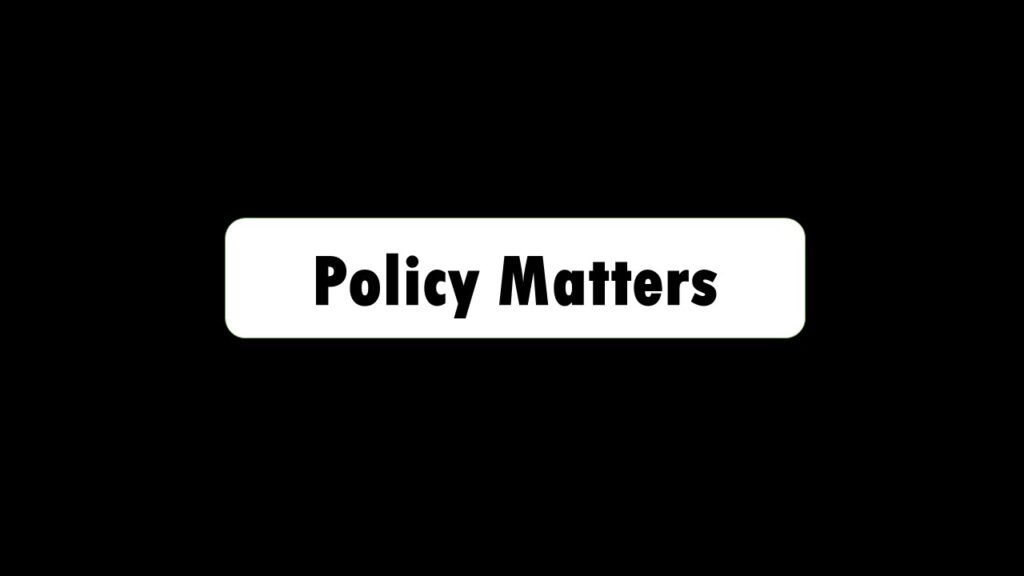Rajiv Kumar and Ors. vs. State of Haryana and Ors. [MANU/PH/1778/2010]: Punjab and Haryana High Court
It is not for the Courts to undertake an exercise of equating one qualification with the other
13. On a broader principle also the
petitioners would not be able to succeed. It is not for the Courts to undertake
an exercise of equating one qualification with the other. The issue does not
call for detailed consideration because it stands settled more than three
decades ago by the Constitution Bench of Hon’ble the Supreme Court in the case
of Mohammad Shujat Ali v. Union of India MANU/SC/0371/1974 : (1975) 3 SCC 76.
On the issue of equation of qualification it has been laid down in para 13 of
the judgment that the subject of equivalence of educational qualifications is a
technical question based on proper assessment and evaluation of the relevant
academic standards. It involves practical attainments of such qualifications
and the experts are required to aid in deciding the issue. The Court being not
an expert and armed with relevant data and unaided by technical insights
necessary for the purpose of determining equivalence, would not undertake such
a task unless it emanates from mala fide, extraneous considerations or so
irrational or perverse that a reasonable person would not accept the same.
Similar view has been expressed by Hon’ble the Supreme Court in the case of
State of Rajasthan v. Lata Arun MANU/SC/0591/2002 : (2002) 6 SCC 252, wherein
it has been held that prescribing minimum educational qualification for
admission to a course and recognising certain educational qualification as
equivalent to or higher than the prescribed one, involves a policy decision to
be taken by the State Government or the authority vested with the power under
any statute. Discussing the scope of interference by the courts, it has been
further laid down in para 10 that there is a limited scope to interfere by the
Courts which could examine whether the policy decision or the administrative
order dealing with the matter is based on a fair, rationale and reasonable
ground or such a decision is arbitrary and is informed by extraneous
consideration or mala fide intention. On facts, precedents and principles the
petitioners have no case and the petition is liable to be dismissed.
